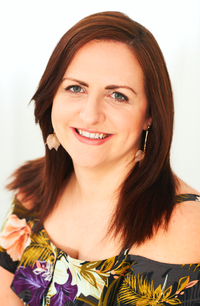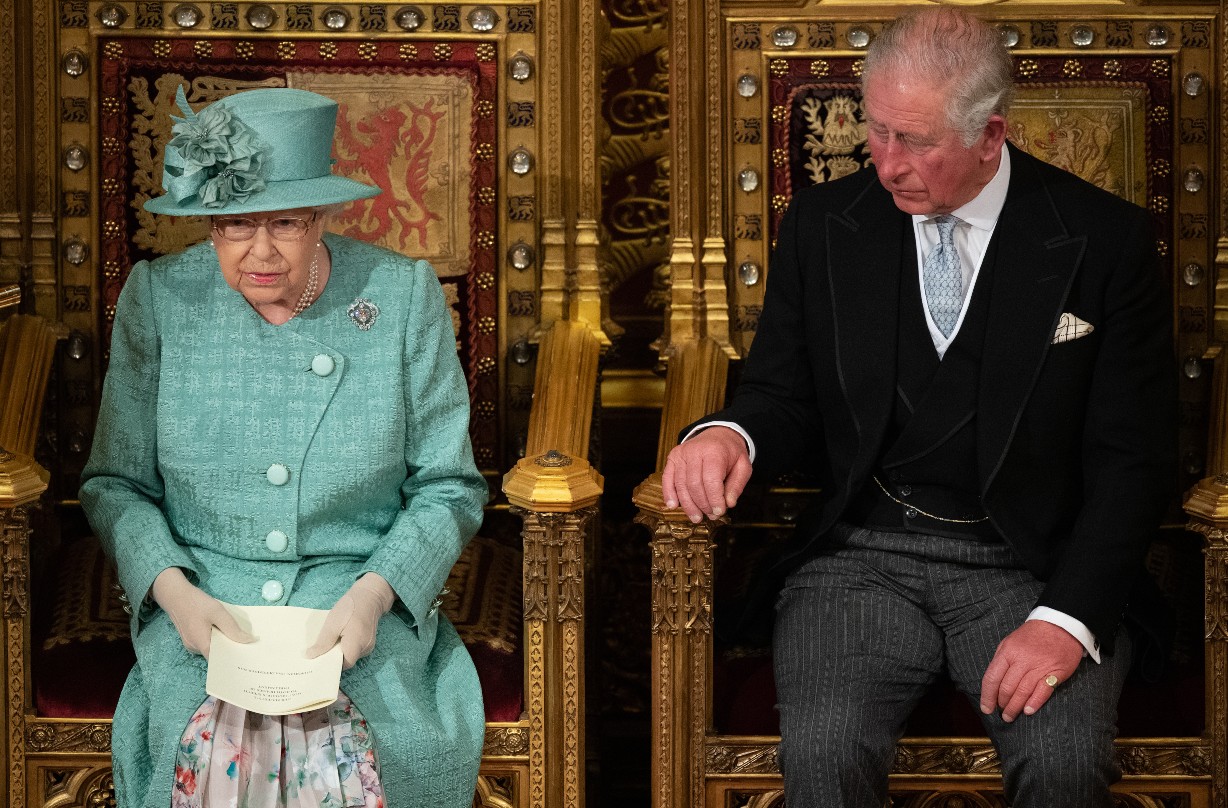Does the Queen have any political powers?
What exactly can Her Majesty Queen Elizabeth II do when it comes to politics


- The Queen has quite a few political powers which might surprise you.
- Among those Her Majesty has the power to reduce prison sentences using "Royal Pardon".
- It comes as we reveal why the Queen is being removed as head of state from Barbados
Queen Elizabeth II, is a British Monarch who has a number of political powers which she can use.
You might have seen Her Majesty attend certain events like the Opening of Parliament but she has a more important role than just being there to represent head of the royal family on official duties.
Here's what political powers she has...
1) The Official Opening and closing of Parliament
If you think the Queen is the highest governing body in the UK, you'd be wrong. Parliament has the most control but Queen Elizabeth II maintains a certain element of control over the hundreds of politicians that make up this legislative group.
Firstly she is responsible for declaring Parliament open and carries this out every May to mark the start of the Parliamentary year.
For the ceremony itself you will see the Queen arrive at Parliament by horse and carriage. In previous years she has worn the official robe, complete with train, she will then lead a procession on foot through the Royal Gallery at the Palace of Westminster and wearing the Imperial State Crown to deliver a formal speech to both the House of Lords and House of Commons who also gather in the gallery.
READ MORE: The Queen is expected to step out of quarantine early so she can attend Remembrance Day
Parenting advice, hot topics, best buys and family finance tips delivered straight to your inbox.
She is not allowed to enter the House of Commons, instead her speech has to be read from the House of Lords. No reigning monarch has entered the House of Commons since 1642, when Charles I stormed the House of Commons, an event that eventually led to civil war.
The Queen ends Parliament via Prorogation during late April or early May and it signals the end of a parliamentary session and brings nearly all parliamentary business – including most bills and all motions and parliamentary questions – to a close.
2) Make laws legal by using her power of 'royal assent'
Once a law has been drawn up in Parliament, the Queen must sign off the proposed 'bill' before it can officially be put into effect.
Using her 'royal assent' she has the power to approve or refuse such laws - although the latter is not something that the Queen will do very often. 1708 was the last time a monarch, notably Queen Anne, didn't grant permission for a measure to restore the Scottish militia.
3) The Queen appoints a Prime Minister
one of her most important powers has been used 14 times to-date, and that is to appoint a new Prime Minister. From 1951 appointing Winston Churchill to Boris Johnson in 2019, her majesty conducts a ceremony called "kissing hands" although the kissing part has been scrapped.
4) Choose who to appoint as Ministers to the Crown
It's not just the Prime Minister who has the power to appoint government officials -including advisors and cabinet officials as Ministers to the Crown. The majority are chosen by a vote but Her Majesty can also pick who she wants by choosing from the existing members of Parliament.
5) Release a person from punishment using 'Royal Pardon'
Wherever she sees fit, Queen Elizabeth II can use her "royal pardon" power to stop anyone convicted of a crime from being punished. It was originally used to stop prisoners being handed the now-abolished death penalty but it's a power which is not used much today. In 2013 she used it to grant a posthumous pardon to World War II codebreaker Alan Turing. And reduced a prison sentence in 2001 for two inmates who saved a prison officer's life after he was attacked by a wild boar. She reduced their prison sentences to reward their heroic behaviour.
6) The Queen can both issue and remove passports
When travelling overseas, The Queen does not require a British passport. But UK citizens with a passport have them issued by ministers on her behalf and because they are issued in her name, she has the power to withdraw them, should the passport holder do anything wrong when travelling.
7) Controls the entire military force
As Commander-in-Chief, the 94-year-old monarch has the power to command the army and delegate duty to another government official - most commonly the Prime Minister or the Secretary of State for Defence. All British soldiers must swear an oath to her before officially joining the armed forces. When the Queen inspected the passing-out Sovereign's Parade at Sandhurst in April 2006, Prince Harry was among the line up and couldn't keep a straight face as his grandmother passed.
READ MORE: Amazing facts you probably didn’t know about the Queen
8) To declare war on other countries
Throughout her entire reign, Elizabeth II has never decared war yet. The last monarch to do so was her father King George VI, who declared war on Nazi Germany in 1939. She doesn't have sole power though, it only applies for 'all out warfare' and Parliament, the Prime Minister and the rest of government would have to give their permission.
9) Select who to give the Queen's Honours
Members of the public who have proven to be exemplary citizens of the UK can earn an honour title like a Sir - Sir Patrick Stewart, Sir Elton John, or a Dame, in the case of Dame Maggie Smith. Granted for anything from charity work to artistic/ scientific contributions. An honours ceremony is held twice a year, at New Year and in June on her official birthday.
Captain Sir Tom Moore raised a total of £38 million for the NHS, in the midst of the coronavirus pandemic, and was one of the people honoured by the Queen in 2020.
Ranks in the Order are Knight or Dame Grand Cross (GBE), Knight or Dame Commander (KBE or DBE), Commander (CBE), Officer (OBE) and Member (MBE) and once when the medals were dropped one time, she reportedly said 'put them back any way you can' and to 'sort it out afterward.'

Selina is a Senior Family Writer for GoodtoKnow and has more than 16 years years of experience. She specialises in royal family news, including the latest activities of Prince George, Charlotte, Louis, Archie and Lilibet. She also covers the latest government, health and charity advice for families. Selina graduated from the University of Sheffield in 2006 with a degree in Journalism, and gained her NCTJ and NCE qualifications. During her career, she’s also written for Woman, Woman's Own, Woman&Home, and Woman's Weekly as well as Heat magazine, Bang Showbiz - and the Scunthorpe Telegraph. When she's not covering family news, you can find her exploring new countryside walking routes, catching up with friends over good food, or making memories (including award-winning scarecrows!)